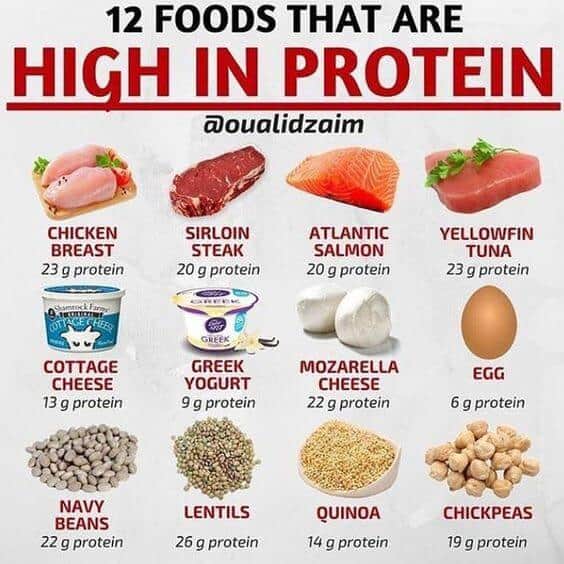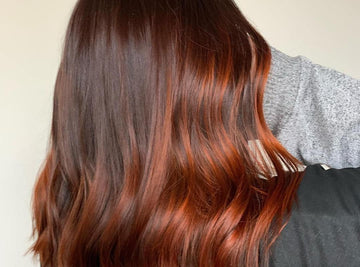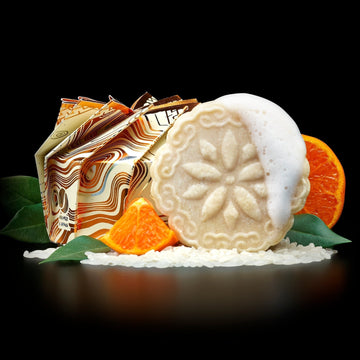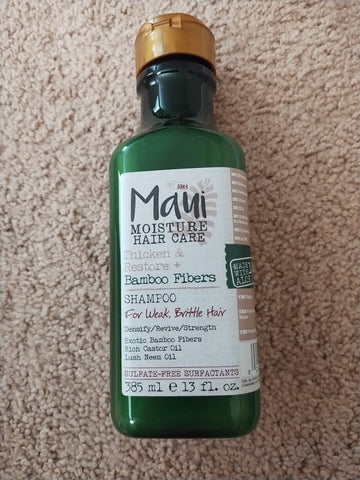Many people are suffering from thinning hair because they cannot grow well due to stress and aging. In this article, we will explain Which Food is Good for Thinning Hair.
In addition, we will also introduce how to improve the effect such as paying attention to how to eat and exercising more.
If you know foods that are good for thinning hair and want to improve from the inside, please check them out.
Good Food for Thinning Hair
The main nutrients that are good for thinning hair are as follows.
- Foods that contain protein
- Foods containing iodine
- Foods containing vitamins
- Foods containing minerals
- Foods containing collagen
We will explain thoroughly about such foods that contain each nutrient that can be beneficial to improve your hair.
Protein

“Keratin”, which is the main component of hair, is a protein molecule in which 18 kinds of amino acids are bound. Keratin contains 14-18% of the amino acid “cysteine,” which is rarely found in other protein molecules.
Cystine can be biosynthesized in the body from an amino acid called “methionine”. However, methionine is an essential amino acid and cannot be biosynthesized in the body. To prevent thinning hair, it is necessary to ingest proteins containing these amino acids. Specifically, it is recommended to eat meat (pork/chicken breast), fish (tuna), and eggs.
Iodine

Iodine helps the thyroid gland and is said to be good for hair. Hormones secreted from the thyroid gland can be expected to promote metabolism and are said to contribute to the growth of skin and hair.
Therefore, we recommend eating seaweeds such as wakame seaweed, kelp, and hijiki seaweed, which are high in iodine.
Recommended: Best Men Hair Gel for Thinning Hair
Vitamin

Vitamin A and Vitamin E are said to have a blood circulation promoting effect, and Vitamin B is said to have an effect of promoting the metabolism of the scalp.
Vitamin A is abundant in green-yellow vegetables, liver, eel, etc., vitamin E is abundant in wheat germ, soybeans, sesame, almonds, green-yellow vegetables, etc., and vitamin B is abundant in green-yellow vegetables, fish, eggs, nuts, wheat germ, etc.
Minerals

Zinc, a mineral, is essential for the synthesis of “keratin,” the main component of hair.
In addition, dihydrotestosterone, which is involved in the development of androgenetic alopecia (AGA), is produced by the combination of 5α-reductase present in the dermal papilla and testosterone, but zinc has the effect of suppressing the action of 5α-reductase.
Zinc is abundant in oysters, cheese, pork liver, sesame seeds, and almonds.
Collagen

Collagen is said to have the function of improving the gloss and firmness of hair. Foods rich in collagen include long-term, lotus root, and natto.
Foods that Cause Thinning Hair
Foods that cause thinning hair include the following:
- Foods high in sugar
- Foods with a lot of salt
- Foods high in animal fat
- Stimulating food with sweating action
Sugar
Sweets and juices contain a large amount of sugar. It is said that if you consume too much sugar, the secretion of sebum will be excessive and the pores will be clogged, making it easier for dandruff to appear.
A lot of dandruff is one of the signs that the scalp environment is deteriorating, and if left untreated, it may lead to thinning hair. If you are suffering from thinning hair, refrain from taking too much sugar.
Salt
High salt intake can lead to high blood pressure and impaired renal function. Also, please note that blood circulation will be poor and sufficient nutrition will not be delivered to the hair roots.
For example, ramen contains a lot of salt, so it’s a good idea to eat only noodles and not drink soup.
Also Read: Best Oil for Low Porosity Hair
Animal Fat
Be aware that eating too much animal fat can lead to increased sebum secretion and seborrheic hair loss.
For example, fatty steaks contain a lot of animal fat, so try not to overeat such.
Stimulating Food with Sweating Action
Beware of foods that are sweaty and irritating, such as spicy ethnic foods. Increased sebum secretion makes it easier for pores to become clogged, sympathetic nerves are stimulated, autonomic nerves are disturbed, and blood circulation is adversely affected.
Be Careful About How to Eat and How Many Meals to Eat to Prevent Hair Thinning
How to eat is also important for measures against thinning hair. For example, if you eat just before going to bed, blood will concentrate in your stomach for digestion, and your scalp will not be able to fully benefit from the growth hormone secreted during sleep.
Avoid evening meals (meals just before going to bed) and try to have a balanced diet with three meals a day.
Also, even if the food contains protein, choose ingredients that are more effective against thinning hair, such as making the main dish a fish with less fat than a fatty steak.
Moderate Exercising is Also Important
Moderate exercise increases metabolism, smoothes body functions such as digestion and excretion, and enables efficient use of nutrition. Light exercise such as walking, jogging, and stretching is recommended as it enhances internal function.
In addition, by exercising, serotonin and endorphin are secreted to relieve stress, and the autonomic nerves and hormonal balance are less likely to be disturbed.
Be Aware of Hair Care and Proper Diet to Protect Your Hair Against Thinning

Of course, it is important to be careful about your eating habits as a measure against thinning hair. At the same time, you can use nutrient supplements to get nutrition for ingredients that you wouldn’t normally get.
We recommend “Polypure EX Polyline Power,” a special supplement that condenses 50 nutrients that tend to be deficient in people in their 30s and 60s into a single grain.
Furthermore, by using the medicated hair growth agent “Polypure EX”, which can be expected to promote hair growth, you can firmly take care of the scalp from the outside. If you are concerned about thinning hair, why not give it a try?
Read More:





